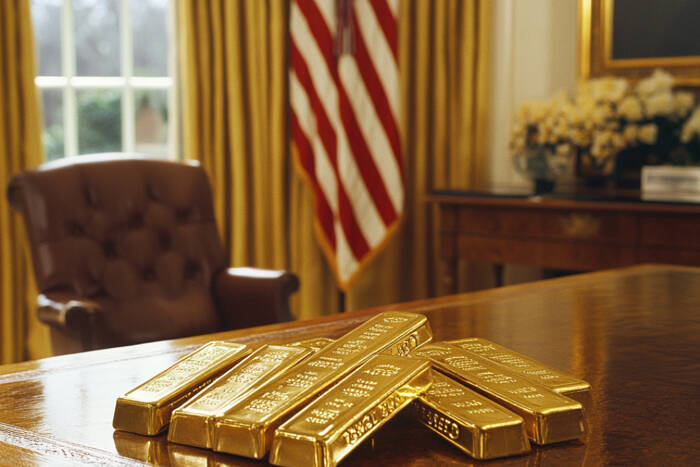1997-1998 – Asian financial crisis
The Asian financial crisis started with the collapse of the Thai baht. This crisis destabilized Southeast Asian economies, increasing gold’s appeal as a safe haven.
2001 – September 11 Terrorist attacks
The September 11 attacks led to a surge in safe-haven demand for gold as global markets responded to increased uncertainty. The gold price hit a low and started to rise.
2003 – War in Iraq
The US invasion of Iraq fueled concerns about stability in the Middle East, adding to gold’s appeal as a safe haven during heightened geopolitical tensions.
2008 – Global financial crisis
This period, caused by the collapse of Lehman Brothers, saw enormous economic consequences and the price of gold soared as investors sought stability amid the market turmoil.
2010 – European debt crisis
Concerns about sovereign debt in Greece, Spain and other eurozone countries led to a spike in demand for gold as a hedge against currency instability.
2016 – Brexit vote
Britain’s decision to leave the European Union created economic uncertainty, boosting demand for gold as a safe haven amid fears of financial instability.
2018-2019 – US-China trade war
Increased tariffs and trade tensions caused volatility in global markets, and gold prices rose as investors turned to safe-haven assets.
2020 – COVID-19 pandemic
The pandemic led to global economic shutdowns, extensive fiscal stimulus and market volatility, boosting demand for gold.
2022 – Russia-Ukraine conflict
Russia’s invasion of Ukraine destabilized markets, leading to a rush to gold amid concerns about global stability and economic sanctions against Russia.
Gold trends under different presidencies and US election prospects for 2024
Harris and Trump present competing visions that could drive different economic and geopolitical scenarios. Harris emphasized economic support for first-time homebuyers, families, small businesses, investments in renewable energy and continued support for domestic oil production. Her commitment to supporting U.S. allies in the context of the Russia-Ukraine conflict adds an additional layer of potential geopolitical impact. On the other hand, Trump is focusing on policing, immigration and raising tariffs on Chinese goods, in addition to promising to end the war between Russia and Ukraine through diplomatic measures. The platforms of both candidates are very different. Key areas of focus include trade relations, energy investments and the strength of the US dollar.
The chart below shows gold price patterns during the presidencies of Donald Trump and Joe Biden. The announcement of Donald Trump as president pushed gold prices sharply higher, breaking above the key $1,350 level. An inverted head-and-shoulders pattern defined this level, completed after his announcement. Gold hit a record high of $2,075 just before the 2020 election.
On the other hand, gold prices consolidated below the key $2,075 level during Joe Biden’s presidency. The price broke above $2,075, triggering the next surge during the final year of Biden’s term. The market is now approaching the same overbought area as just before the last presidential election, as indicated by the RSI on the monthly chart.


